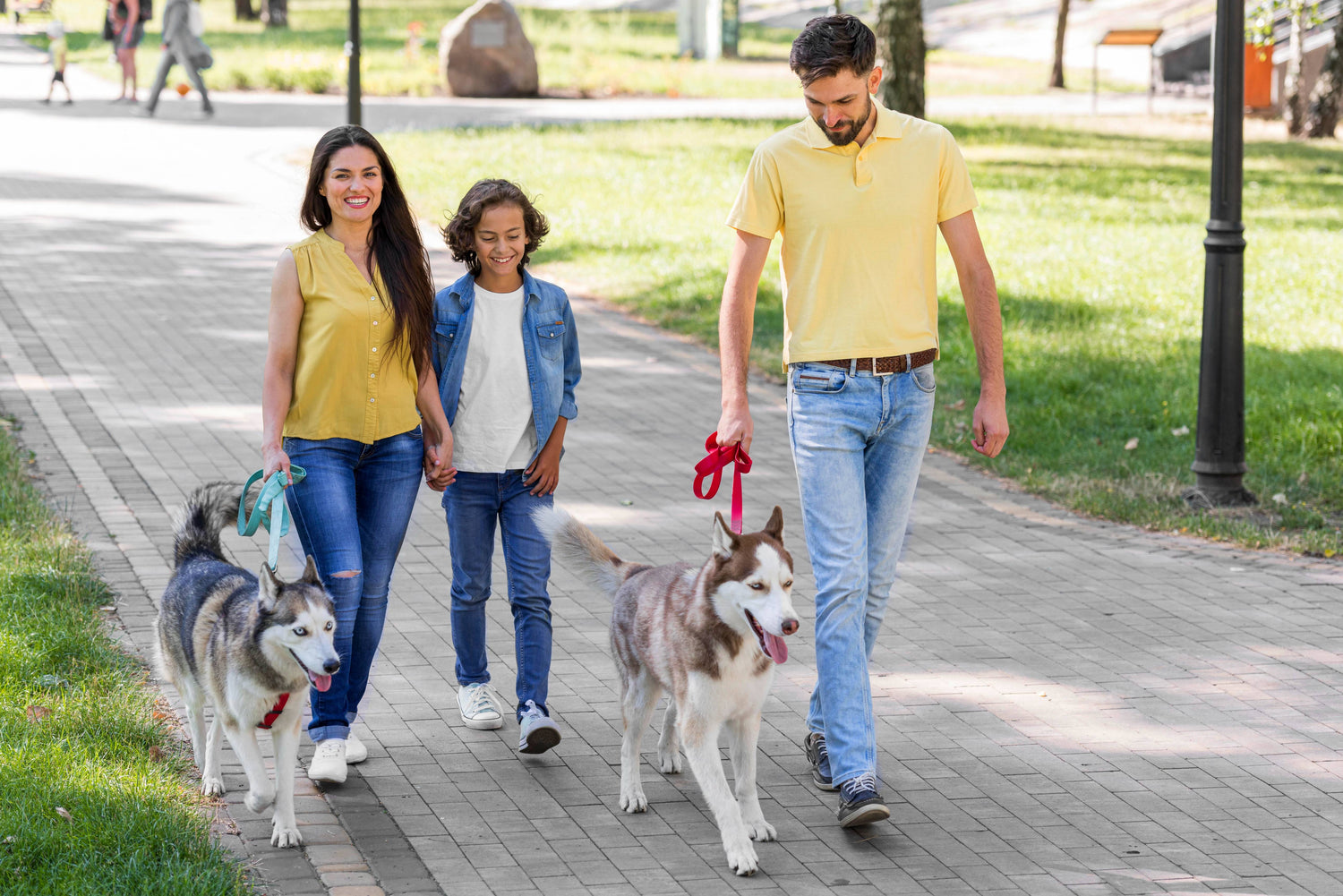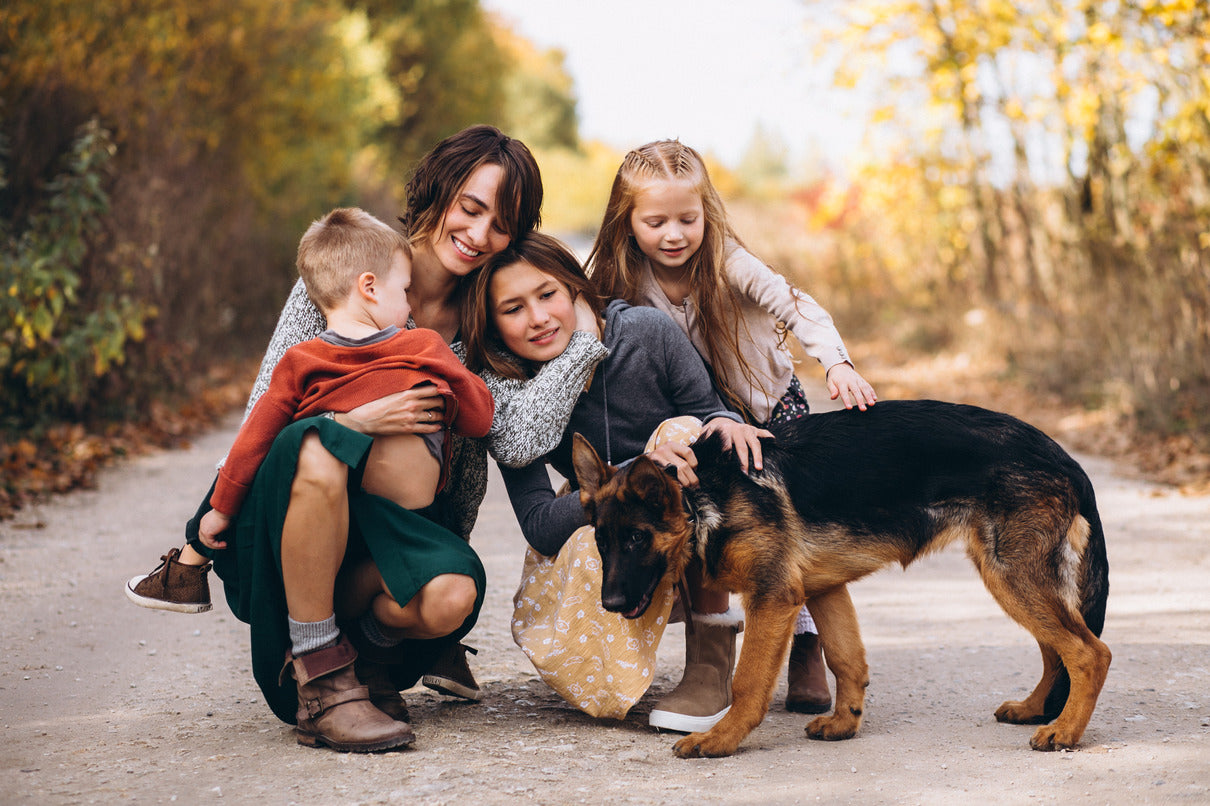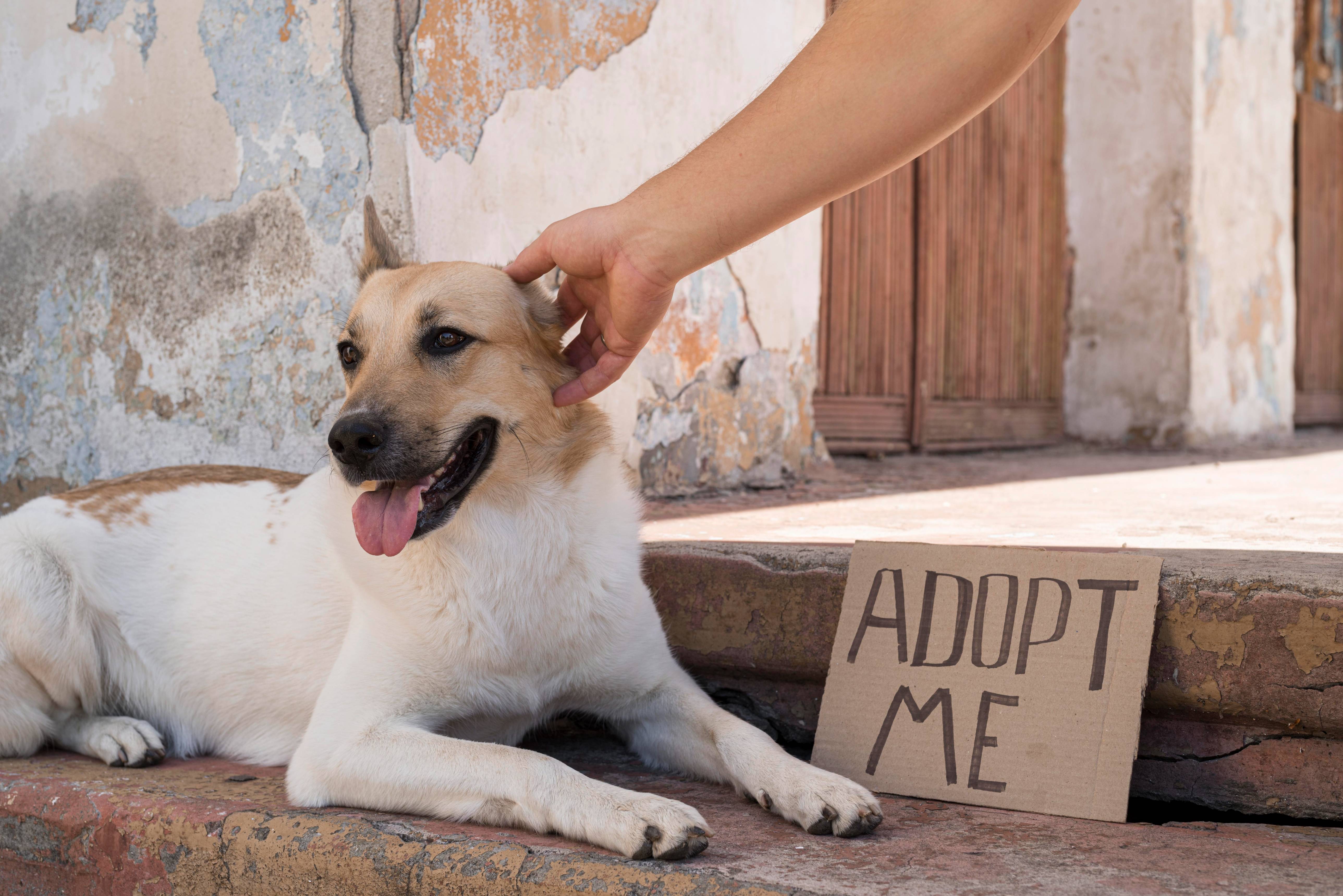Owning a pet in an urban housing society comes with unique challenges and responsibilities. From navigating RWA rules to ensuring proper hygiene and safety, pet parents often face conflicting concerns. This article outlines the legal rights of pet owners, per parents, civic responsibilities, and practical tips to maintain harmony in shared spaces while staying compliant with local laws.
- Legal Protections and Rights
- No Ban on Pets: Resident Welfare Associations (RWAs) cannot ban residents from owning pets, regardless of a majority vote in the society. This includes restrictions based on breed, size, or noise caused by the pets .
- Anti-Intimidation: No individual or RWA can force a pet owner to abandon their pet. Harassment of pet owners for keeping pets is prohibited .
- Use of Shared Spaces
- Parks: RWAs cannot entirely ban pets from society parks. Instead, designated times for pet walks can be established. Pet owners must ensure their pets do not cause nuisance or aggression .
- Lifts: Pets cannot be barred from using society elevators. Charging additional fees for pets’ use of lifts is not permissible .
- Cleanliness and Hygiene
- Pet Waste: While no central law mandates pet owners to clean up after their pets, RWAs can request adherence to cleanliness norms. Many societies encourage owners to train pets to defecate in designated areas. Also it is basic courtesy and hygiene to clean up after your pet. Make sure to carry poop bags, newspapers etc while walking your pet.
- General Hygiene: Pet owners are advised to prevent their pets from creating messes or hygiene issues in common areas.

- Leashes and Muzzles
- Pets should always be on a leash in public or shared spaces to ensure safety and avoid confrontations with other residents or animals. Muzzling is recommended for pets prone to aggression .
- Challenges Faced by Pet Owners
- Discrimination: Despite laws, some pet owners face hostility or attempts to impose unofficial restrictions, such as prohibiting certain breeds or sizes.
- Noise Complaints: Barking, especially during odd hours, often leads to disputes with neighbours. Pet owners can mitigate this by addressing behavioural issues .
- Child Safety Concerns: Parents in societies may raise concerns about pets interacting with children. Ensuring pets are well-behaved and supervised during such interactions is critical.
- Additional Responsibilities
- Training: Proper training ensures pets adapt well to shared living spaces and reduce potential conflicts.
- Respecting Boundaries: Pet owners must ensure their pets do not damage property or intrude on others’ private spaces .
- Civic and Municipal Guidelines
- License Requirements: Depending on the city, pet owners may need to register their pets with municipal authorities. For example, in Mumbai, pet licenses are mandatory.
- Vaccination and Health Checks: Regular vaccinations, such as for rabies, are essential under municipal laws. Many housing societies also insist on proof of vaccination for pets .




Leave a comment
This site is protected by hCaptcha and the hCaptcha Privacy Policy and Terms of Service apply.